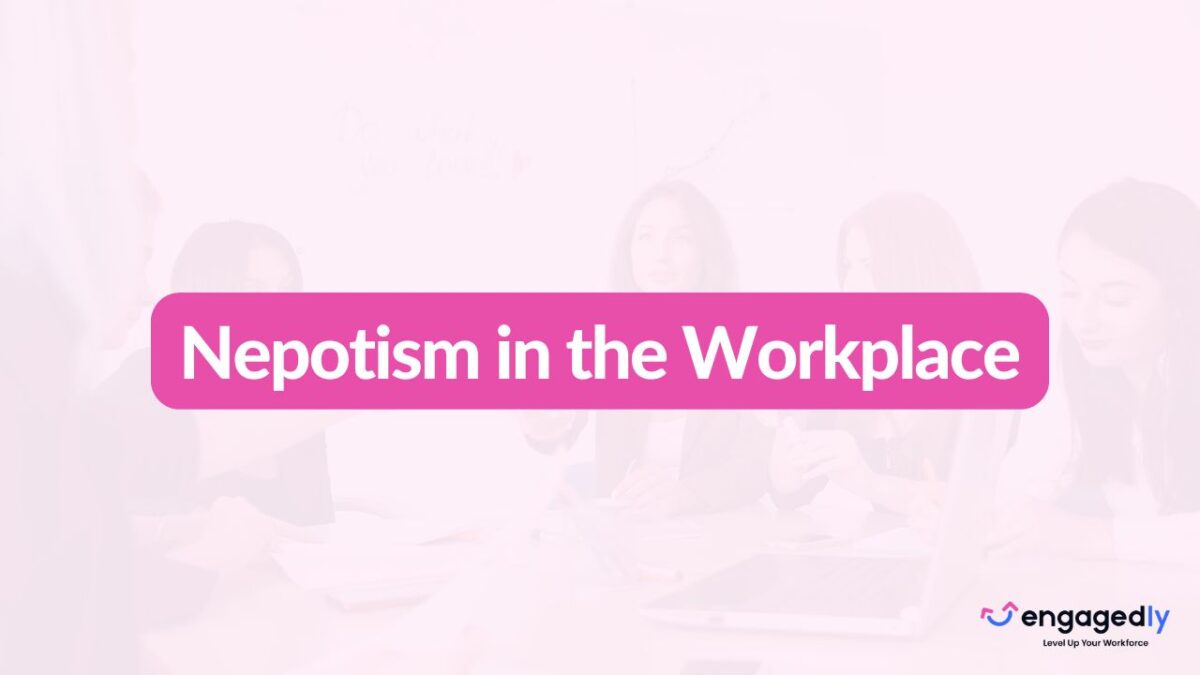Nepotism refers to the practice of giving jobs, promotions, or other professional opportunities to family members or close relatives, often regardless of their qualifications or merit. In organizational settings, this can affect hiring, team dynamics, morale, and workplace equity.
Types of Nepotism
- Employment Nepotism: Hiring family members into roles they may not be qualified for, purely due to personal connections.
- Promotional Nepotism: Advancing relatives over more qualified colleagues based on favoritism.
- Political Nepotism: Favoring family members in public offices, leading to ethical concerns in governance.
- Corporate Nepotism: Occurs in family-run businesses where relatives are prioritized in executive decision-making, often bypassing performance benchmarks.
Effects of Nepotism at Work
Nepotism in the workplace can lead to both short- and long-term consequences that impact individual employees and the broader company culture.
Negative Effects:
- Lower employee morale
- Reduced trust in leadership
- Decreased motivation among non-family employees
- Potential legal or compliance issues
- Increased turnover and disengagement
Potential Benefits (in family-owned businesses):
- High trust between leadership and the employee
- Shared values and long-term commitment
- Faster onboarding due to informal training
However, even these benefits often come at the cost of perceived fairness and transparency.
Is Nepotism Legal?
Nepotism is not always illegal, but it can raise ethical concerns and expose companies to legal risks, especially if it results in discrimination or violates equal opportunity laws. Public sector roles and government agencies often have stricter anti-nepotism rules to prevent abuse of power.
How to Prevent Nepotism at Work
Organizations can take steps to ensure fair and unbiased hiring and promotional practices:
- Implement anti-nepotism policies in the employee handbook
- Establish clear hiring criteria and objective evaluation processes
- Require disclosure of family relationships
- Use third-party hiring panels to reduce internal bias
- Provide anonymous reporting channels for unfair practices
Nepotism vs. Favoritism: What’s the Difference?
While nepotism refers specifically to family-based favoritism, favoritism is a broader term that includes showing preferential treatment to friends, certain employees, or inner circles—whether or not they’re related. Both can damage employee trust and workplace equality.
Final Thoughts
In today’s workplace, where transparency, diversity, and meritocracy are core values, unchecked nepotism can erode trust and hinder long-term organizational success. Businesses that prioritize fair hiring practices and clear boundaries around personal relationships are better positioned to build inclusive and high-performing teams.

